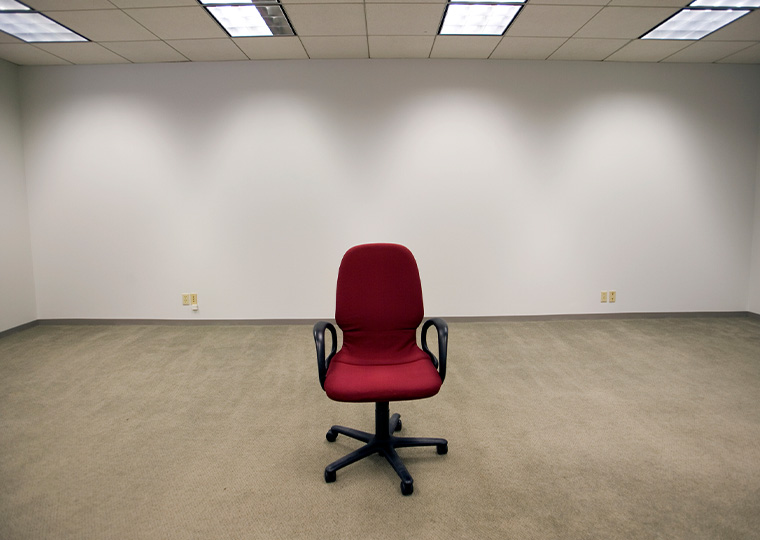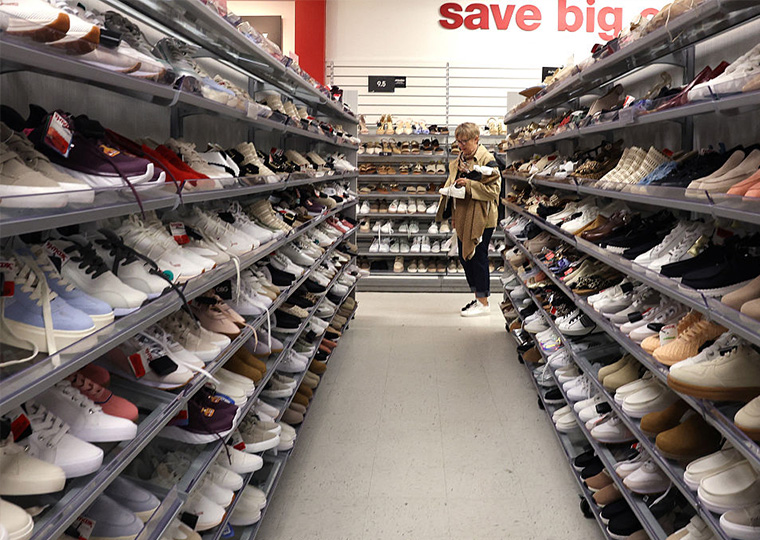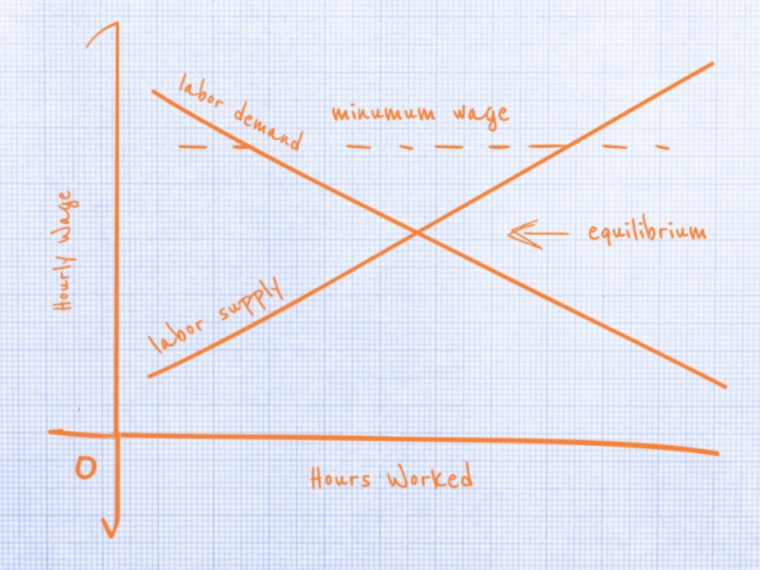Amid the pandemic, price gouging and stiffing of suppliers and workers surged
The COVID-19 pandemic stretched supply chains to the breaking point. Almost overnight, shortages hit products from the exotic (emergency-room ventilators) to the mundane (toilet paper). Auto prices soared for the lack of computer chips, and coronavirus outbreaks at packing plants raised the cost of pork chops.
The pandemic also laid bare shoddy behaviors — price gouging, wage theft and unfair trade practices — of many supply-chain players:
- A seller on Amazon offered 15 N95 face masks for $3,799; a Florida retailer charged $79.99 for 36 rolls of toilet paper.
- The sharp decline in consumer spending led many retailers to delay, and even default on, paying invoices; at the end of 2021, Southeast Asian apparel suppliers were waiting on $18 billion in unpaid invoices. Brands demanded steep discounts or refused to accept delivery of some orders.
- Many factory owners laid off workers without paying full severance. The Worker Rights Consortium, a labor-monitoring organization, estimates that “severance theft” in the pandemic totaled between $500 million and $850 million.
Opt In to the Review Monthly Email Update.
“These incidents created public concerns regarding whether consumers are getting fair prices, whether firms have been treating their trading partners fairly and whether employees have received fair pay from their employers,” write the authors of a paper published in Production and Operations Management examining unfair supply-chain practices.
How Unfair Supply-Chain Practices Worsen
The paper from Cornell’s Li Chen, Stanford’s Hau L. Lee and UCLA Anderson’s Christopher S. Tang seeks to explain how and why unfair practices occur and to describe the benefits, challenges and opportunities for helping supply chains operate more fairly. Below the authors have compiled a table of “normal time” unfair supply-chain practices and compare those with practices seen during COVID.
As companies face increased pressure to engage in socially responsible business practices, challenges caused by the diversity and complexity of today’s globalized supply chains are getting more attention.
Severe distortion in markets, such as occurred during the pandemic, can aggravate supply-chain problems, prompting some participants to behave unfairly. Unexpected spikes in demand for hand sanitizer or toilet paper can create shortages and encourage price gouging. Companies with limited choice of suppliers can be forced to submit to unreasonable demands from trading partners, and workers with few job options can labor at the mercy of unscrupulous employers.
While some companies may have financial incentives to act unfairly, there are still good reasons to practice supply-chain fairness, the authors write. Fair practices not only can protect companies’ brand reputations and shield them from increased regulatory scrutiny, but they can also make operations more resilient in the face of disruptions.
Socially Responsible Practices Can Make a Brand More Competitive
A reputation for fairness can also give brands a competitive boost. Patagonia and online apparel company Everlane, for example, gain credibility with both customers and suppliers because of their reputation for fair trading practices and pricing transparency.
Experience during the pandemic also showed how fair treatment of employees can pay dividends. A leading automaker in Wuhan — ground zero for COVID-19 in China — paid workers full wages while its factory was under lockdown orders. Once production resumed more than a month and a half later, employees volunteered to work overtime and on flexible schedules to speed the company’s recovery. Despite the disruption, production at the company increased 6% during 2020, the highest annual growth since the plant opened.
While there are advantages to fair business practices, the authors found several obstacles that stand in the way, including structural barriers and inadequate enforcement. A lack of visibility into all tiers of the supply chain can cause problems, especially when suppliers employ unauthorized subcontractors. In the U.S., anti-gouging laws are mostly at the state level, vary widely and seldom result in prosecutions.
It also isn’t always easy to define what fair practices are. Is the retail price a sufficient measure of fairness for consumers, or should other factors — return and refund policies for instance — also be taken into account? Is it enough to pay a competitive wage, or should a living wage be the minimum standard for fairness?
Overcoming these and other hurdles requires both technological innovations and greater collaboration among trading partners.
Featured Faculty
-
Christopher Tang
UCLA Distinguished Professor; Edward W. Carter Chair in Business Administration; Senior Associate Dean, Global Initiatives; Faculty Director, Center for Global Management
About the Research
Chen, L., Lee, H. L., & Tang, C. S. (2022). Supply Chain Fairness. Production and Operations Management, 31(12), 4304-4318.






